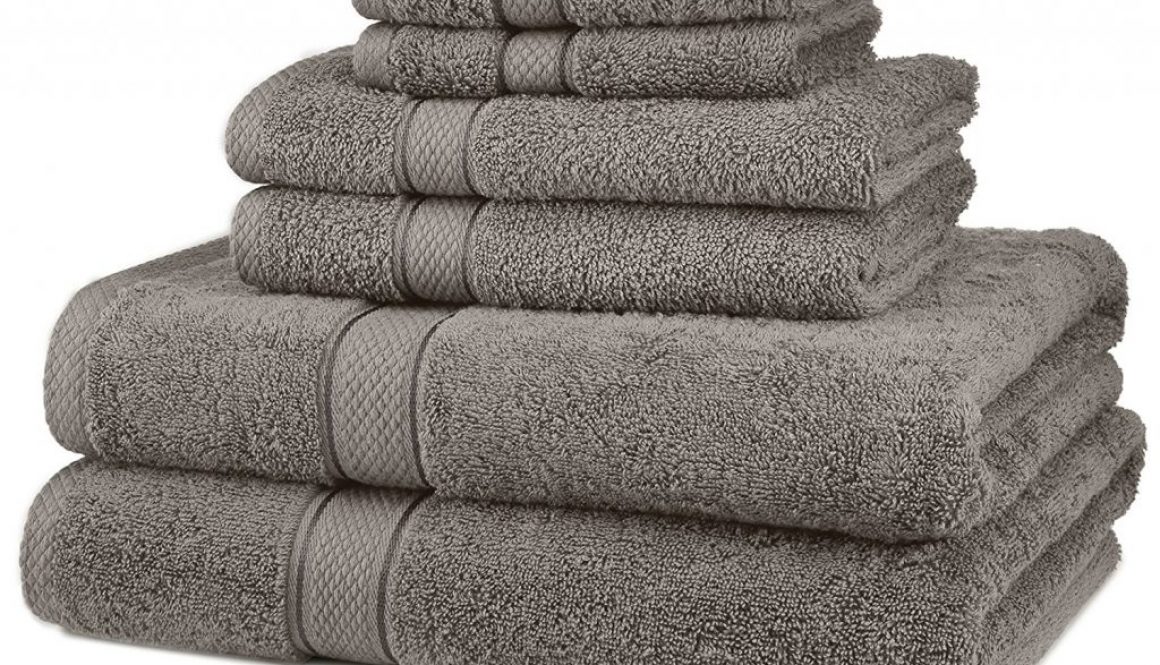How often should you wash?
It is one of those areas that it is often best not to enquire too closely. So, of course, someone has.
Just how often should you wash towels? And if no one can see them does it really matter?
Or, now that it is winter, the bed sheets?
Well you may be surprised to learn that we should change them far more often than we actually do.
Because even if they appear clean they can contain lots of harmful microbes that can make us ill.
Here’s our guide.
-
Dishcloths
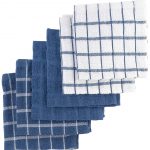
How often? Rinse completely and air-dry after every use. Don’t cover over bacteria-ridden kitchen taps or leave in the kitchen sink. Replace once-a-month.
How to clean them: Each evening, rinse with an anti-bacterial washing cleanser or wash at 60C or more. Air or tumble dry.
- Teatowels
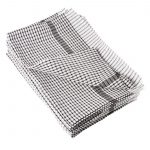
How often? Change every day – and don’t dry your hands on them!
How to clean them: Launder at 60C or above, different to regular towels.
-
Towels
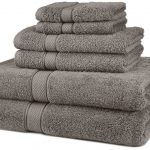
How often? Bath towels should be washed after every 3 uses, insists Philip Tierno (New York based microbiologist).
How to clean them: Clean the sheets at a high temperature, 60C or more, and an anti-bacterial product.
-
Bedsheets
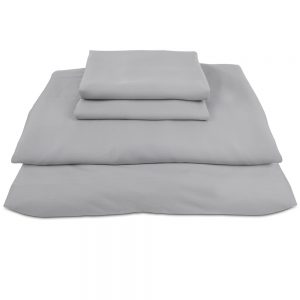
The build-up of bacteria from your sweat and skin cells can become “significant” in as little as a week. Your mouth and nose are very close to those sheets so you’re breathing in those spores. In hot weather we sweat more, creating the perfect conditions for bacteria and fungus to blowout.
How often? Every morning, pull back the duvet and open the window to release moisture and humidity. Change your sheets each week.
How to clean them: Wash at 60C to kill mites.
-
Duvet and Pillows
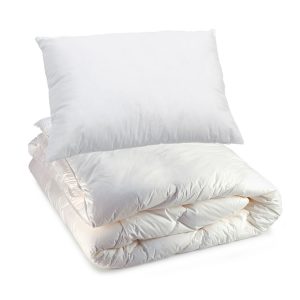
How often? Duvets should be washed every few months, or at least twice a year, says Sara Wadsworth (from The Fine Bedding Company), and replaced every five years, pillows more frequently – every two to three years,
How to clean them: If the duvet has synthetic filling, wash at 60C to destroy dust mites. Feather fillings need professional dry cleaning twice a year.
Everything is important to us – the way it looks, how it feels, and how it runs. Expect more with a housekeeper trained to the highest standards, and a dedicated account manager devoted to ensuring everything is done just the way you like it. Every one of our London housekeeping service rotas is custom built to take care of what you need, when you need it.
If interested in any of our Housekeeping services or have any general enquires, don’t hesitate to contact us on:
E: contact@stanneshousekeeping.com
P: 020 3397 7495 | 0800 999 3397
